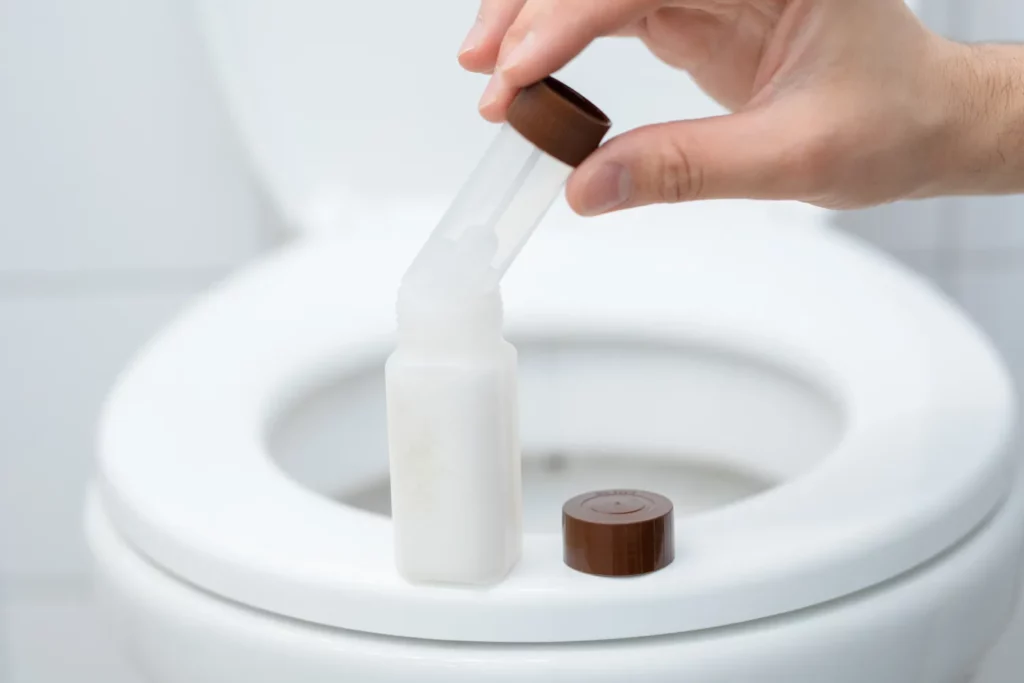
Reviewed by | Melinda Hany, Registered Nurse
At iProcess Global Research, we specialize in providing human stool samples that offer invaluable insights for healthcare research.
Stool samples, important in understanding the complex workings of the gastrointestinal and digestive tract, play a pivotal role in diagnosing a range of conditions, from inflammatory bowel disease to colorectal cancer.
Comprehensive Diagnostic Tool
Human stool samples serve as a comprehensive diagnostic tool for healthcare providers. Utilizing these samples through various stool tests and stool cultures, researchers can unravel complex gastrointestinal issues and monitor the effectiveness of treatments.
The information gathered from stool samples includes:
- Gastrointestinal Health Assessment: Essential for diagnosing potentially life-altering diseases such as gastroenteritis, giardia infections, and inflammatory bowel diseases like ulcerative colitis and Crohn’s disease.
- Digestive System Analysis: Helps detect problems in the digestive tract, including gastrointestinal conditions like peptic ulcers, and assesses the health of crucial organs like the pancreas.
- Microbial Infections: Stool cultures identify the type of bacteria or parasites present, such as ova, providing crucial information for treatment. “It can also help to identify other infectious diseases, like C. diff,” notes Melinda Hany, Registered Nurse.
The Collection Process
Collecting a stool sample involves a simple yet precise process. A clean container is used for stool collection, often with the aid of a clean plastic “hat” to catch the sample and plastic wrap to prevent contamination from the toilet bowl.
Participants ensure a clean catch by following proper guidelines. The collected feces are then securely placed in a plastic bag for transport to the lab for tests like fecal occult blood tests or to check for sugars indicating digestive issues.
Versatility in Research
Stool specimens are versatile in their application, aiding in everything from routine health check-ups to advanced diagnostic tests for conditions like colorectal cancer and bacterial infections. They are also important for evaluating the impact of nonsteroidal anti-inflammatory drugs (like Advil and naproxen) on the digestive system.
At iProcess Global Research, we provide high-quality stool samples for a wide range of research needs. Our stool samples offer reliable test results — whether for routine lab tests, colonoscopy follow-up, or advanced diagnostic tests to understand cramping and irregular bowel movements. They offer a unique insight that researchers can’t get in any other way.
Work with us for access to comprehensive health information through our stool specimens, contributing to significant advancements in gastrointestinal health research.

